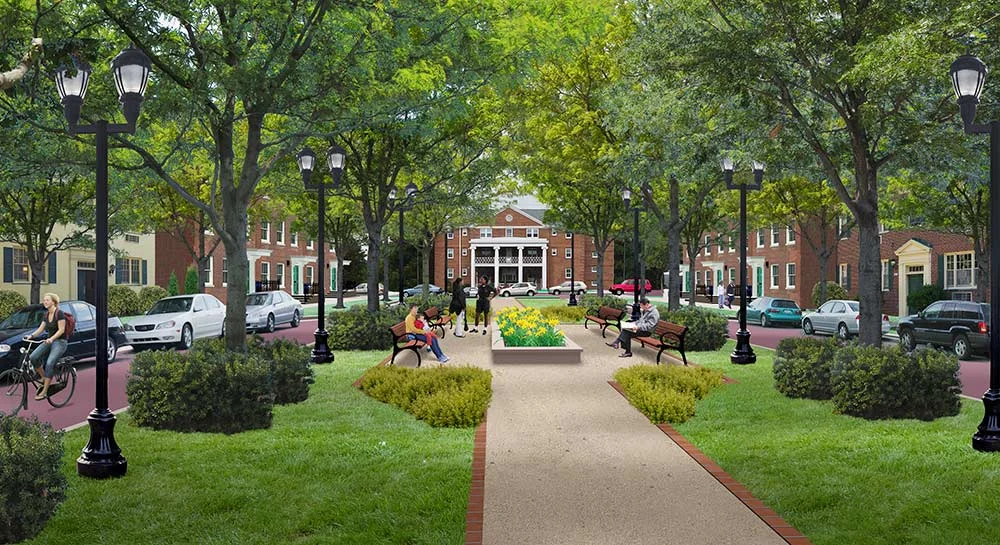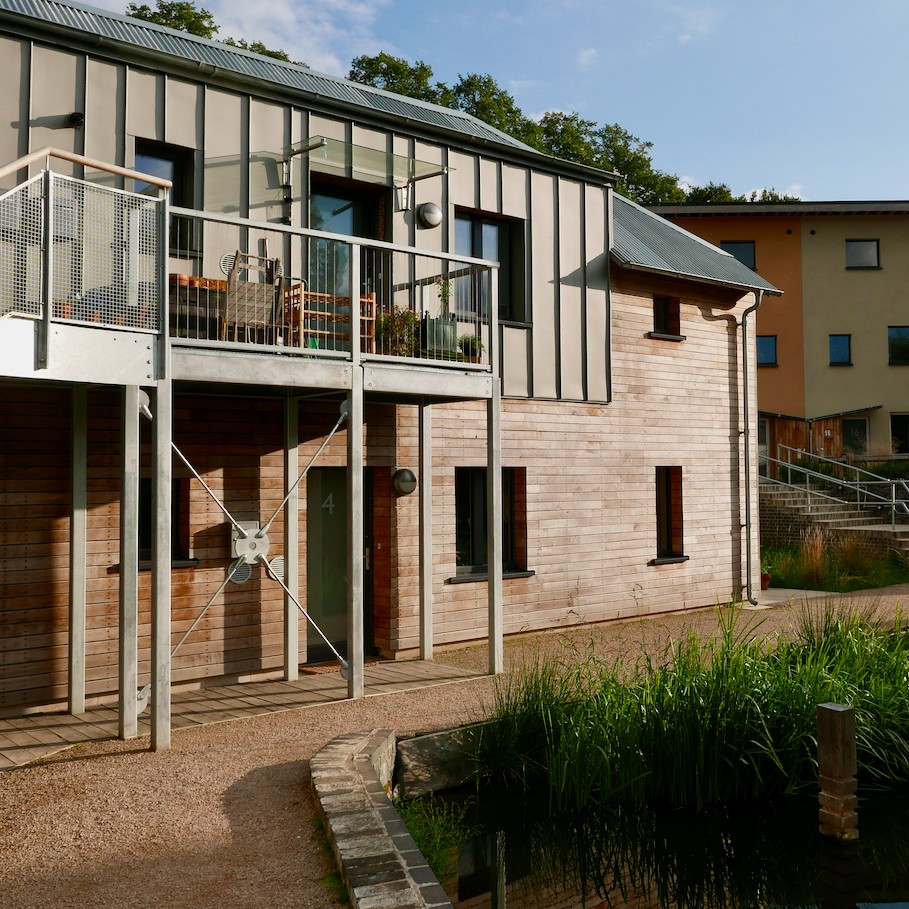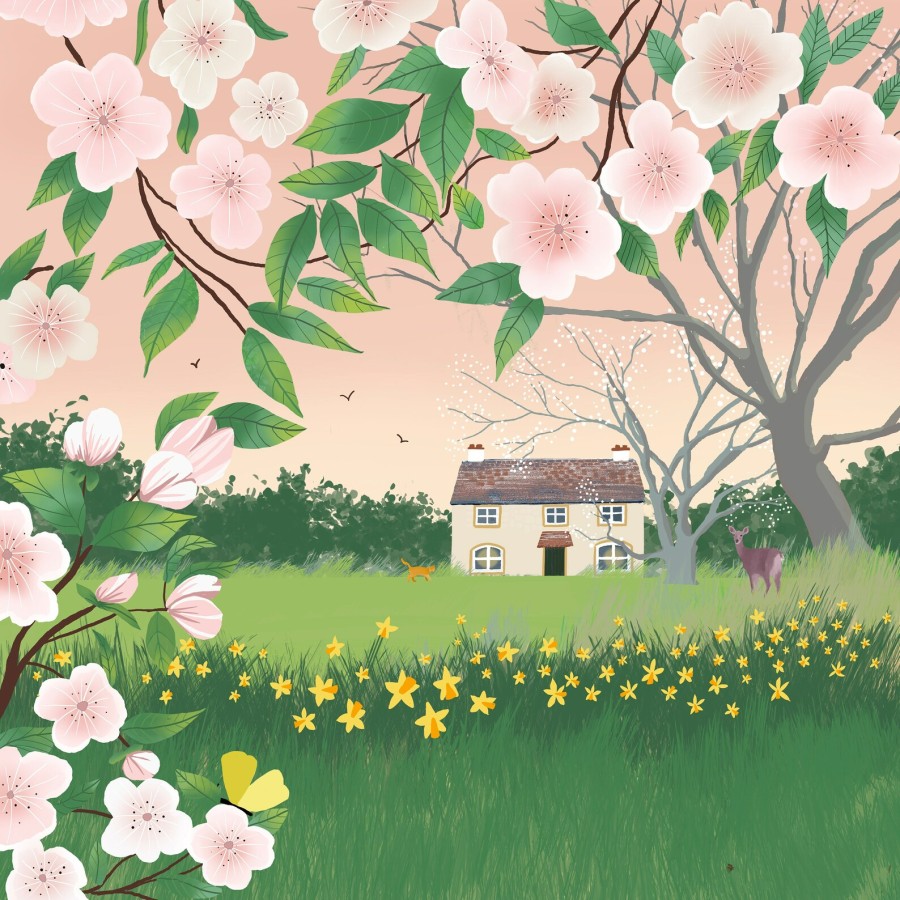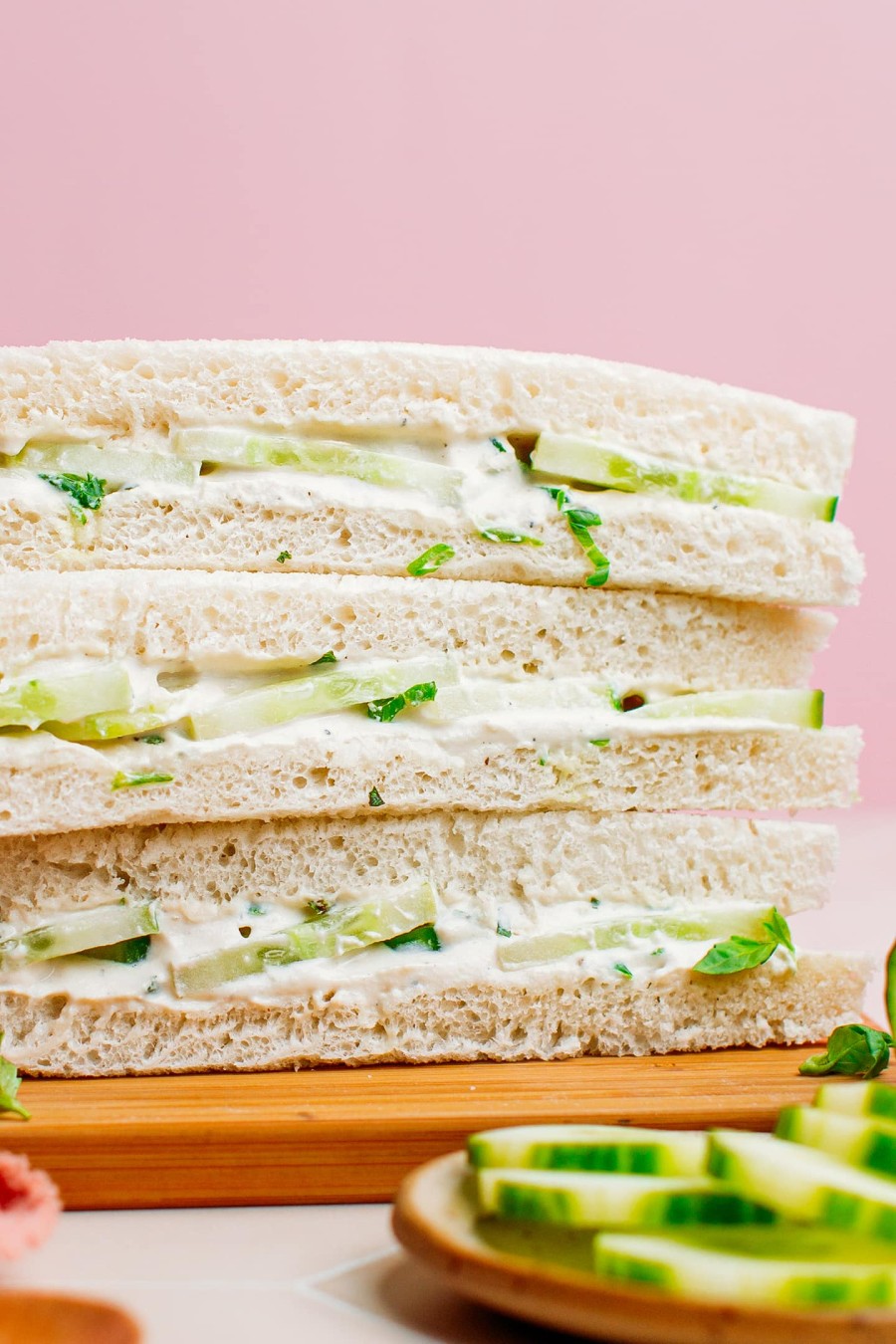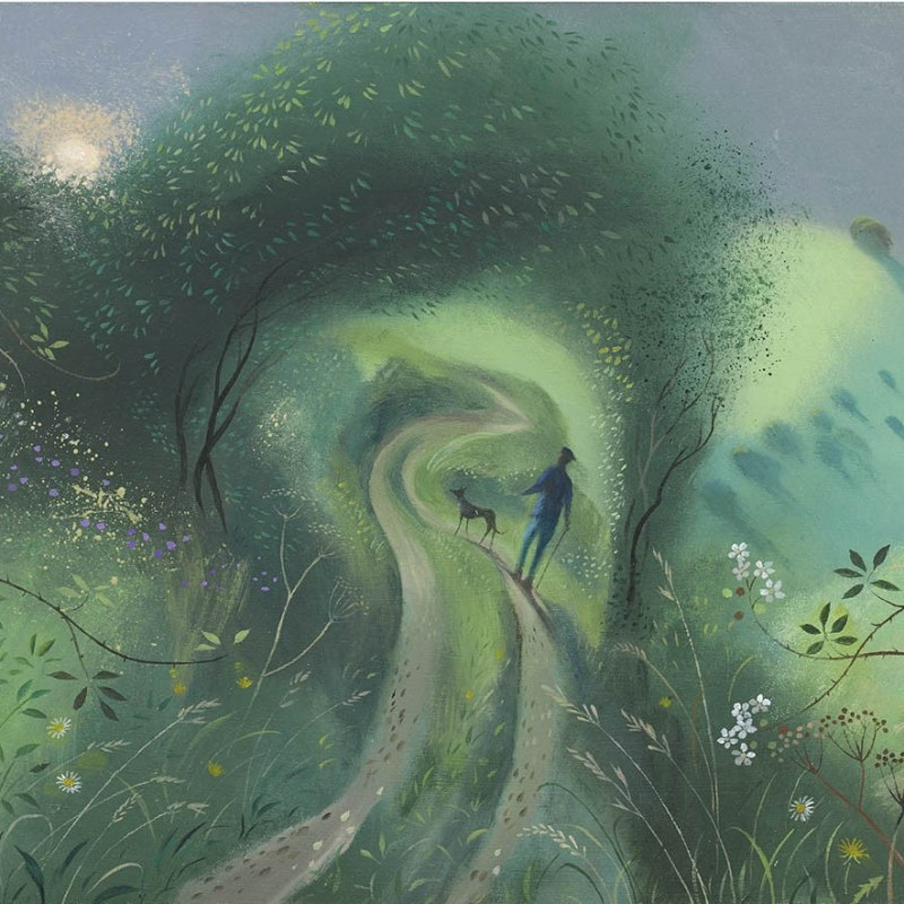
Nature is a place to heal our body, mind and spirit. You can’t measure it in calories or steps. It heals our souls. Who hasn’t looked up at the sky and marvelled at a circling bird of prey, or yelled out to echo on top of a mountain, or gazed across the horizon of a sea with no buildings behind?
Spending time outdoors is known to help anyone with depression or mental health problems, from a simple walk on the beach or in the park, to forest-bathing. But why? The growing science of ‘ecopsychology’ or ‘ecotherapy’ suggests that the reasons are simply biological, rather than psychological.
At the University of Exeter, a study of 20,000 people found that spending just 2 hours a week in local parks massively improved people’s wellbeing. The importance of public green space became apparent during the pandemic, when suddenly the first place most people headed to was the local park.
Children’s nature campaigner Richard Louv says that when he was a child, ‘nature was my Ritalin’ and today doctors report less children falling out of trees (obviously not good either) but more cases of child depression and repetative strain injury (from playing computer games). He writes that the saddest day of his professional life, was when he asked a child of his favourite place. The child replied ‘Inside, because that’s where all the electrical sockets are’.
Passion is lifted from the earth itself by the muddy hands of the young; it travels along grass-stained sleeves to the heart. If we are going to save environmentalism and the environment, we must also save an endangered indicator species: the child in nature. Richard Louv
Isabel Hardman’s book The Natural Health Service states the obvious. That instead of reporting on trolleys of patients waiting in corridors – we should be focusing funds instead on public parks and walkable routes, so that we have healthier ageing populations with less dementia – often increased through boredom – we’d all go potty sitting a room of chairs staring at TV all day.
public free green space is for everyone
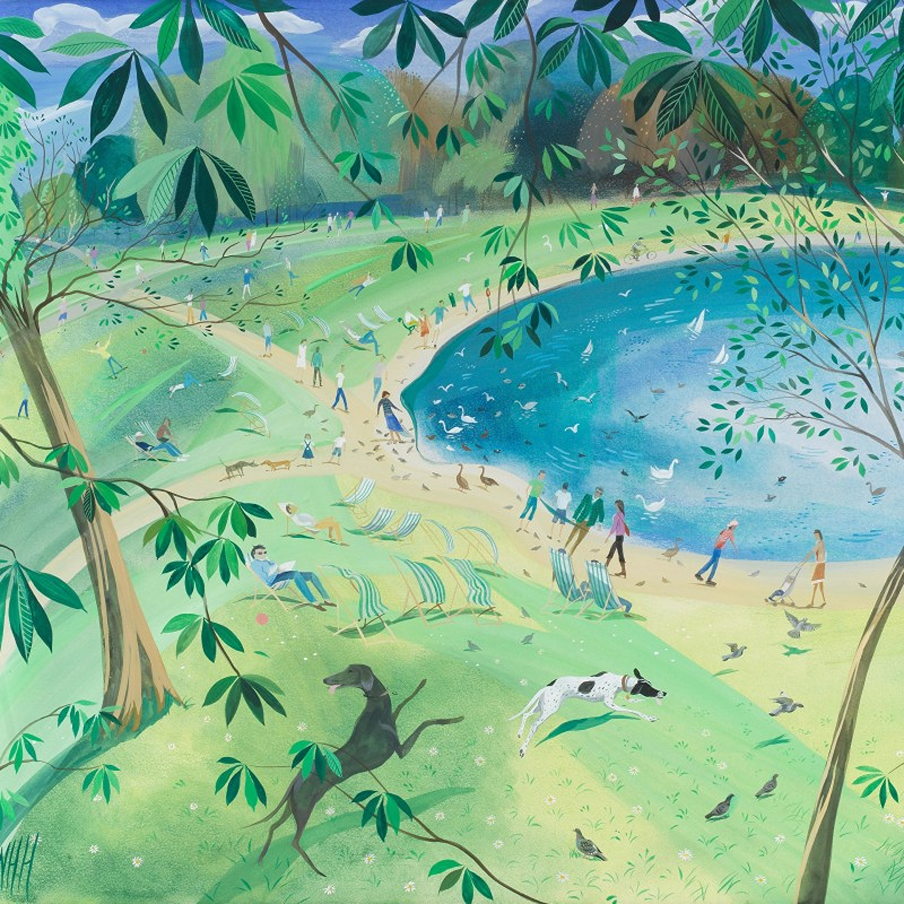
However, the answer is not that simple, as councils increasingly focus on ‘providing jobs’ like approving huge out-of-town supermarkets, retail parks and Amazon warehouses, over investing in good public green space for everyone. If you visit your local park, you may well find a river strewn with litter that hasn’t been cleared up for years, rather than enjoying lovingly-tended beautiful parks (this happens in affluent districts, not so much in inner cities). But former Colombian mayor says that providing public parks for everyone is more important than building more lanes for roads.
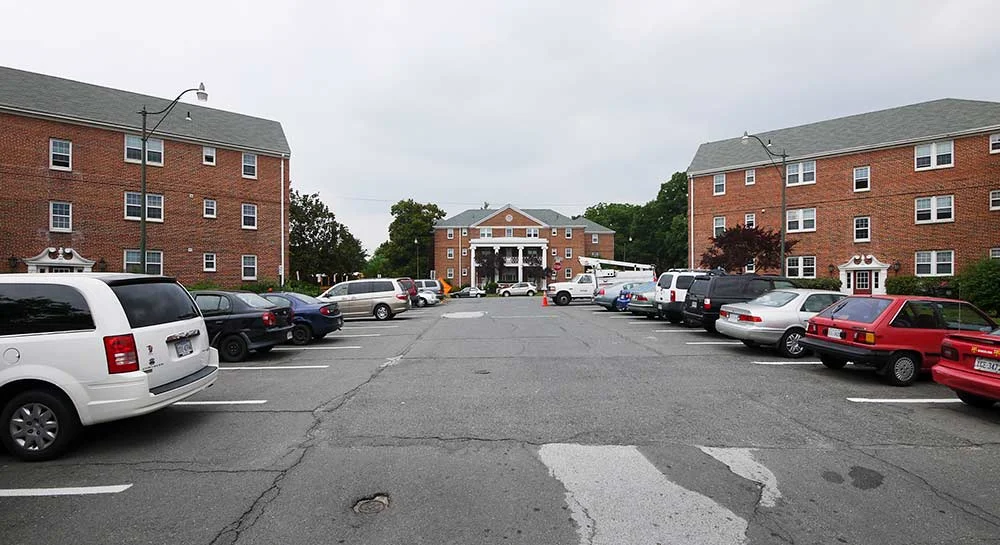
And it can be done anywhere. Check out this before/after image from US company Urban Advantage that works with planners to show what’s possible. For green spaces, avoid toxic plants near pets (also don’t plant in railings, where nocturnal wildlife could get trapped).
